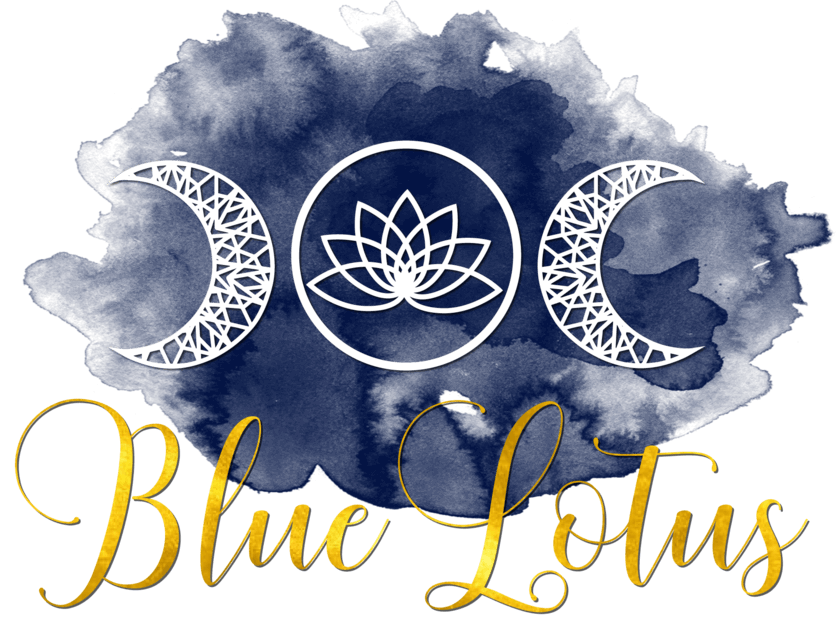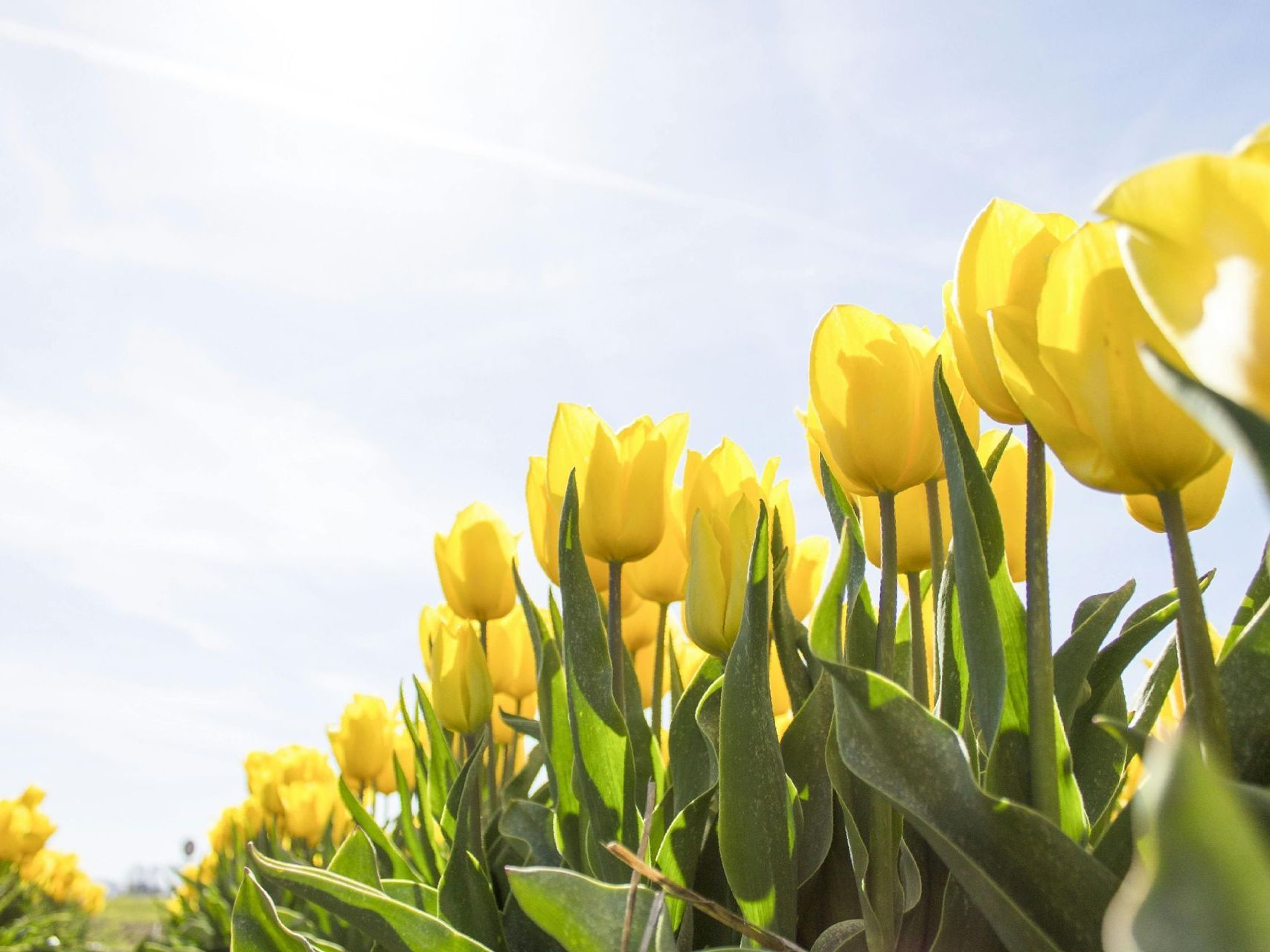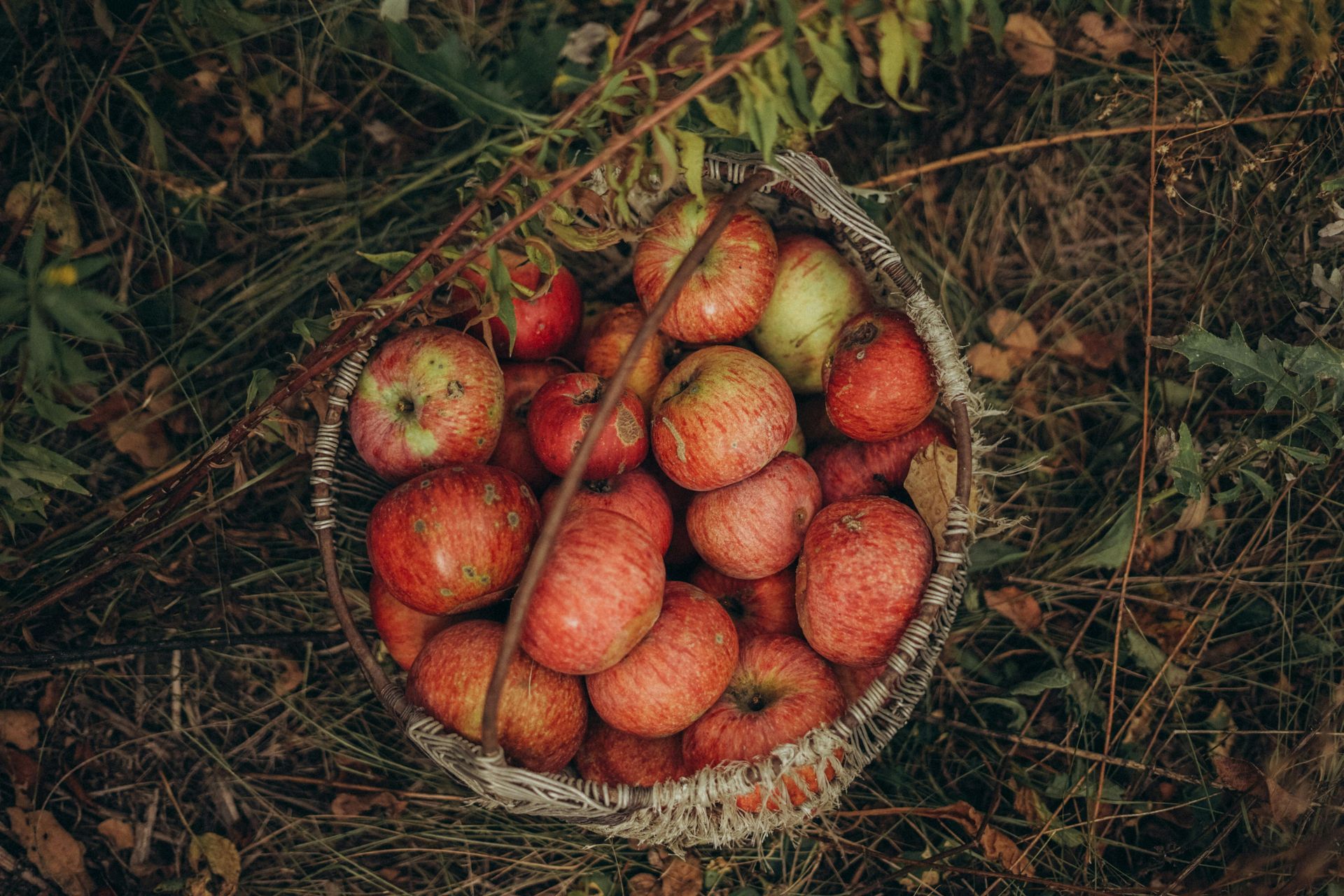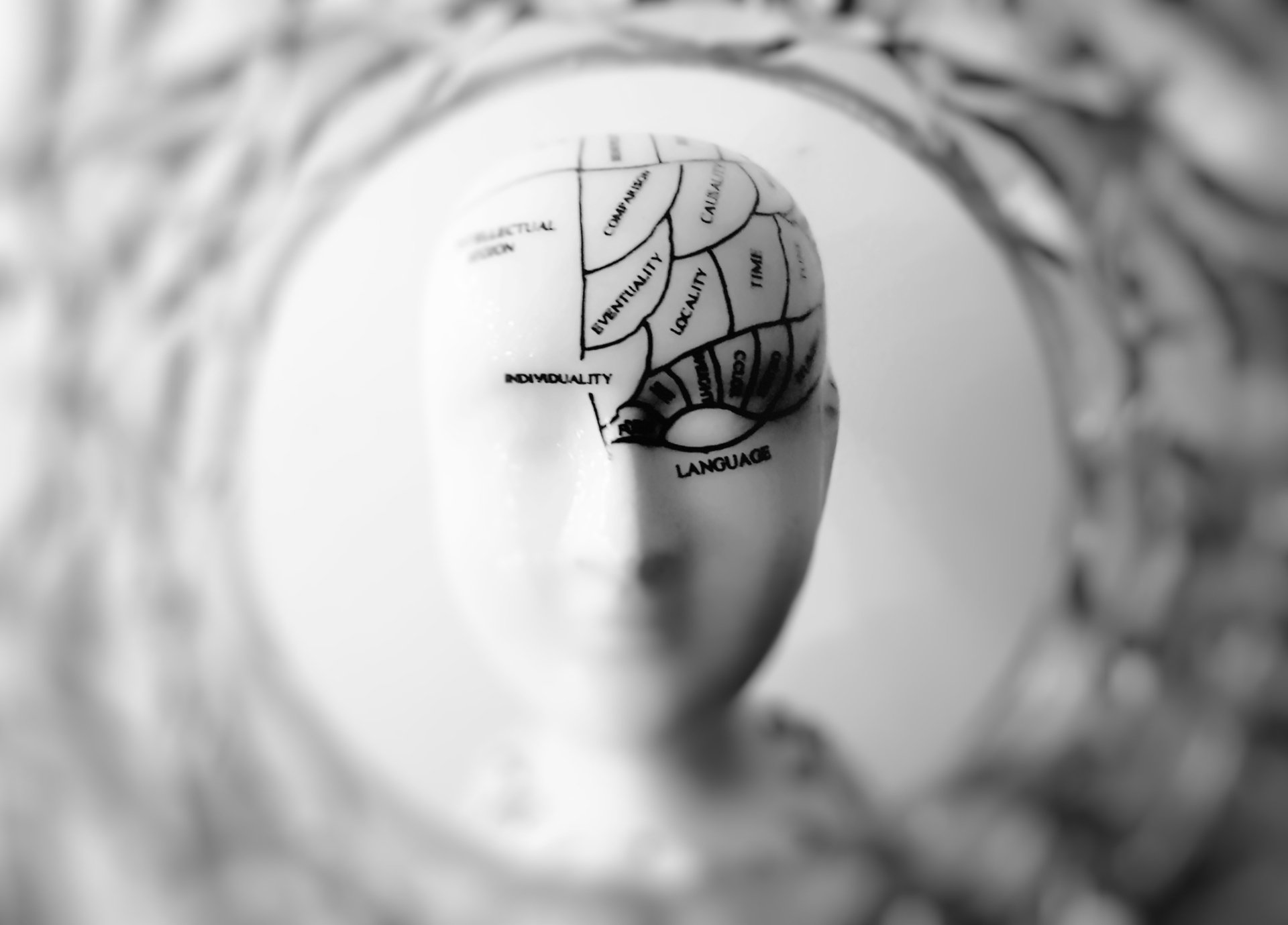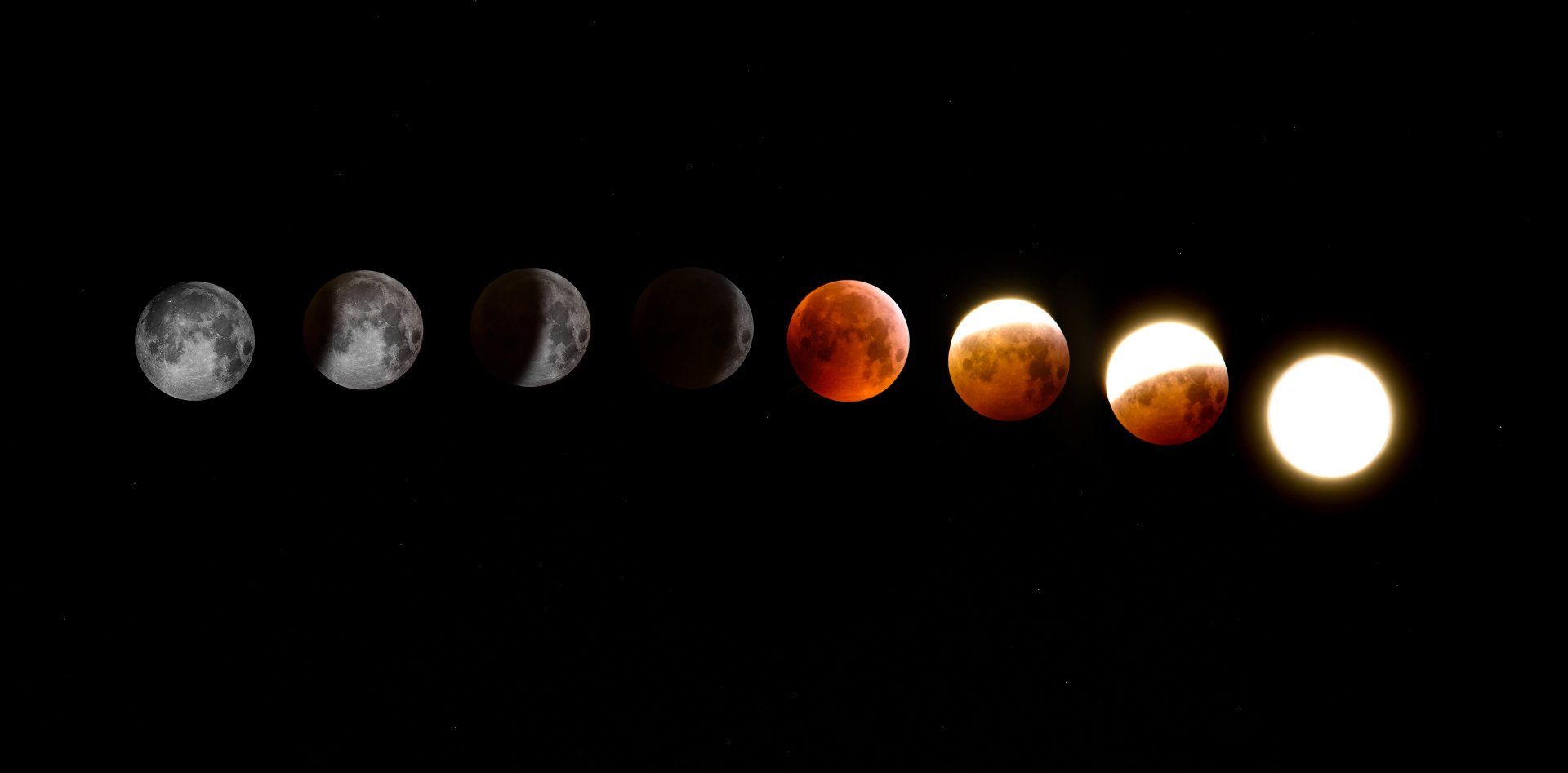Getting Up & Falling Down
Dealing with Disappointment

Life is a dance of getting up and falling down, a constant rhythm that shapes our journey. Disappointment is inevitable, whether it arises from unmet expectations, the actions of others, or our own perceived failures. However, how we choose to respond to these moments defines our path forward.
In yogic philosophy, the Kleshas, or afflictions, offer profound insights into the nature of suffering and the journey toward inner peace. When faced with disappointment, especially in conflict, these teachings provide a framework for understanding and transcending our struggles.
Understanding the Kleshas: The Roots of Suffering
The Kleshas, as outlined in the Yoga Sutras of Patanjali, are five afflictions that cause suffering and hinder our spiritual growth. These are:
- Avidya (Ignorance): The root cause of all suffering, it is the inability to see things as they truly are.
- Asmita (Egoism): The false identification with the ego, leading to a distorted sense of self.
- Raga (Attachment): The clinging to pleasure and the desire for more, which leads to dissatisfaction.
- Dvesha (Aversion): The avoidance of pain, causing us to push away anything uncomfortable.
- Abhinivesha (Fear of Death): The deep-seated fear of change or loss, which creates anxiety and attachment to the known
When we experience disappointment, it is often these Kleshas at work. For example, Avidya may cloud our perception, making us misinterpret someone else's actions. Asmita can make us take things personally, inflating our ego and deepening our hurt. Raga and Dvesha can trap us in cycles of craving and aversion, unable to let go of what we want or push away what we don't. Finally, Abhinivesha can cause us to cling to the status quo, fearing the uncertainty of confronting the issue.
My Experience with Disappointment
Recently, I found myself in a situation where someone's overaction (in my opinion!) deeply hurt me. I had hoped for a resolution, a chance to talk things through and find common ground. However, the other person refused to engage in any discussion, leaving me with a profound sense of disappointment and frustration. I found myself caught in the Kleshas, particularly Avidya and Asmita. I questioned my own actions, wondering if I had done something wrong, and I also felt a rising anger toward the other person for their refusal to communicate.
Mark Nepo, one of my very favourite writers, in his book The Book of Awakening, writes, "When we make the choice to be present, we become vulnerable to the grace and pain of life unfolding, moment by moment."
This quote resonated with me as I navigated my feelings. Disappointment, like all emotions, is a part of life’s unfolding, and resisting it only deepens our suffering.
So how do we navigate this path?
The Yogic Path Through Conflict
In dealing with disappointment, especially in conflict, yoga teaches us to turn inward rather than outward. The practice of Svadhyaya (self-study) encourages us to reflect on our own reactions and the Kleshas influencing our behaviour.
Here’s how we can apply this wisdom:
- Practice Awareness (Avidya): Recognise when your perception is clouded. Ask yourself if you are seeing the situation as it truly is or through the lens of your expectations and ego.
- Cultivate Humility (Asmita): Remember that we are all human, prone to mistakes and misunderstandings. By letting go of ego-driven responses, we open the door to compassion and forgiveness.
- Release Attachment (Raga) and Aversion (Dvesha): Accept that things may not go as planned. Let go of your attachment to how you think things should be and release your aversion to the discomfort that arises.
- Embrace Impermanence (Abhinivesha): Understand that everything in life is transient, including conflict and disappointment. Trust that resolution, whether through reconciliation or personal growth, will come in time.
Mark Nepo also reminds us that "Our challenge each day is not to get dressed to face the world, but to unglove ourselves so that the doorknob feels cold, and the car handle feels wet, and the kiss goodbye feels like the lips of another being, soft and unrepeatable." In other words, we must allow ourselves to fully experience life’s disappointments and joys, knowing that each moment is an opportunity for growth.
Finding Resolution Within
In my own journey, I realised that true resolution does not always come from external agreements or reconciliations. Sometimes, it must come from within.
By practicing the principles of yoga and reflecting on the Kleshas, I found a way to make peace with the situation, even if the other person was not ready to engage.
This inner resolution is a powerful form of getting up after a fall, allowing us to move forward with grace and strength.
In conclusion, dealing with disappointment is not about avoiding the fall but learning how to rise again.
By embracing the teachings of the Kleshas and turning inward, we can navigate conflicts without harm but with wisdom and compassion.
Life will always present challenges, but through mindfulness and self-reflection, we can transform these experiences into opportunities for growth and deeper understanding.
As Mark Nepo beautifully puts it, "The flower doesn’t dream of the bee. It blossoms and the bee comes." Let us focus on our own blossoming, trusting that the bees of resolution and peace will come in their own time.
If you'd like to learn more about the Klesha's then do come join us in class, where we'll be spending some time with this philosophy in September!

